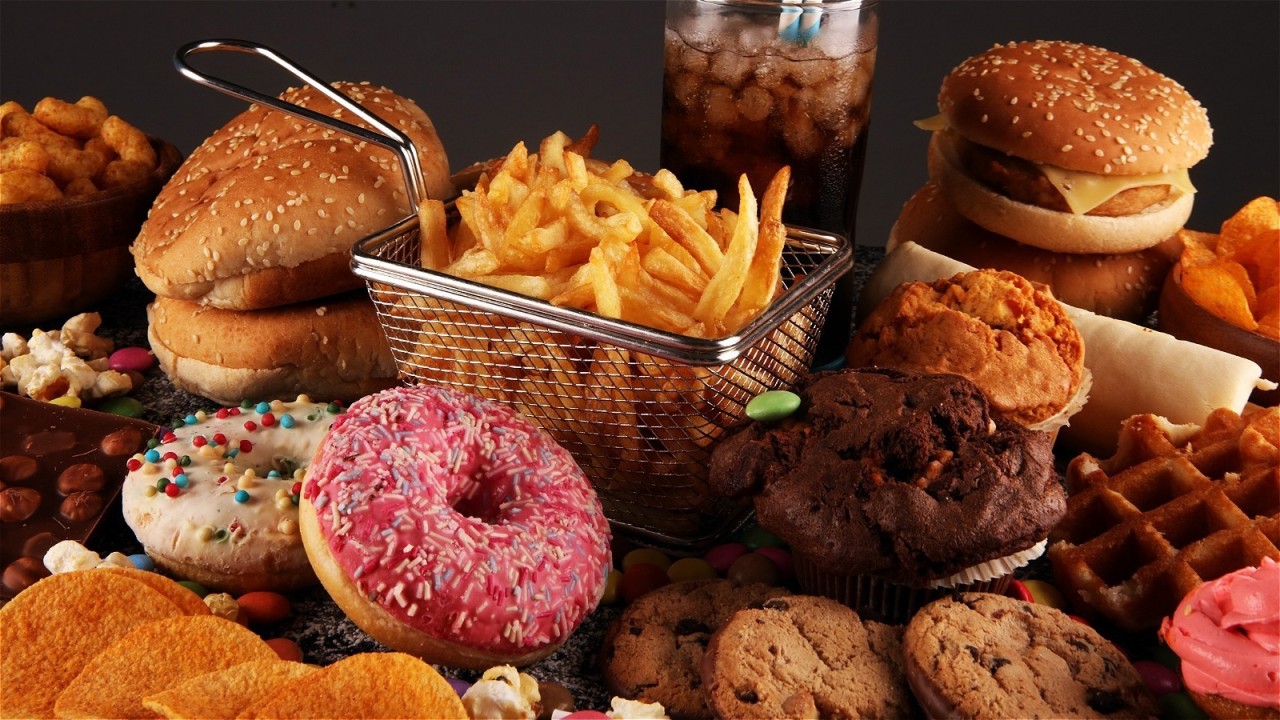Could the consumption of ultra-processed foods have implications on the microbiota-gut-brain axis that are detrimental?
Context In recent years, there has been an increased focus on nutrient recommendations and dietary patterns due to the rise of non-communicable chronic diseases. It is essential to identify dietary approaches that are either beneficial or harmful to personal well-being.
Diet can influence the composition and function of the gut, and the gut microbiota produces metabolites that can directly or indirectly affect brain functions by digesting and fermenting food.
The ingestion of ultra-processed foods (UPF) may affect the gut microbiota, leading to metabolic imbalances and inflammation, which could potentially disrupt the neural network.
The Influence of Ultra-Processed Food Ingredients on the Microbiota-Gut-Brain Axis

High Sugar Content
Consuming sugar can impact brain regions that regulate appetite and eating habits. The hypothalamic neurons monitor energy balance by receiving signals from the gastrointestinal tract and peripheral systems. Meanwhile, eating behaviors are influenced by the motivation system and the dopamine reward system.
The mesolimbic dopamine reward system is triggered by sugar consumption, leading to the release of opioids and dopamine, which induce feelings of pleasure.
Excessive consumption of sugary foods can result in functional changes that lead to metabolic disorders and overeating. This can lead to a heightened desire for high-sugar foods and an increased intake of energy beyond what is necessary. Additionally, sugar cravings can originate from the gut.
A recent study discovered that sugar triggers neurons in the brainstem and vagal ganglia through the microbiota-gut-brain axis. This leads to a preference for sugar and highlights the importance of the gut in sugar signaling.
High and Low-Fat Content
Ultra-processed foods are often high in energy density and contain saturated and trans fats, which can have negative effects on both the gut and the brain. Research has indicated that consuming a high-fat diet (HFD) for an extended period can harm the function of both organs.
Foods that undergo extensive thermal processing or contain high levels of pro-oxidants often contain lipid oxidation products. These products can pass through the gut barrier, causing gut inflammation and damage to neuronal membranes, even if the plasma does not absorb them.
Consuming a high-fat diet over the long term can lead to inflammation in both the gut and brain, resulting in memory impairment and behaviors that resemble anxiety and depression. Cognitive function impairment is linked to altered gut microbiota, particularly the depletion of Akkermansia muciniphila.
Microbiota transplantation from a high-fat diet (HFD) leads to memory and learning deficits that are dependent on the hippocampus. However, administering Akkermansia muciniphila orally can alleviate neuroinflammation in the hippocampus and enhance memory and learning abilities.

High Salt Content
Dityrosine, an oxidized protein product present in high-salt diets, can cause oxidative damage and inflammation in the intestines, leading to tissue damage. Dityrosine increases oxidative stress in the brain, resulting in neurotransmitter disorders and impaired learning and memory.
Memory impairment induced by a high-salt diet is linked to either oxidative stress or synaptic protein disorders. A study showed that mice fed a high-salt diet for eight weeks exhibited impaired memory and learning abilities. Moreover, the abundance of certain bacteria increased while that of others decreased in these mice.
Preservatives in Food
Bacteriostatic antiseptic agents have been found to affect the composition of gut microbiota in both in vitro and in vivo studies, raising concerns about the safety of food preservatives. Exposure to potassium sorbate (PS) has been shown to alter the microbiota content and metabolism of zebrafish, affecting their immune system.
Sulfites have been found to impede the growth of four beneficial bacterial strains, namely Streptococcus thermophilus, Lactobacillus rhamnosus, Lactobacillus casei, and Lactobacillus plantarum.
Conclusion
The study findings have highlighted how ultra-processed foods may disrupt gut microbiota, leading to dysbiosis of metabolism, inflammation, and impaired brain function through the microbiota-gut-brain axis (MGB axis).
Future studies could focus on monitoring intestinal health to better understand the underlying mechanism. Future research should also investigate species-level changes and their corresponding metabolic functions.


0 Comments